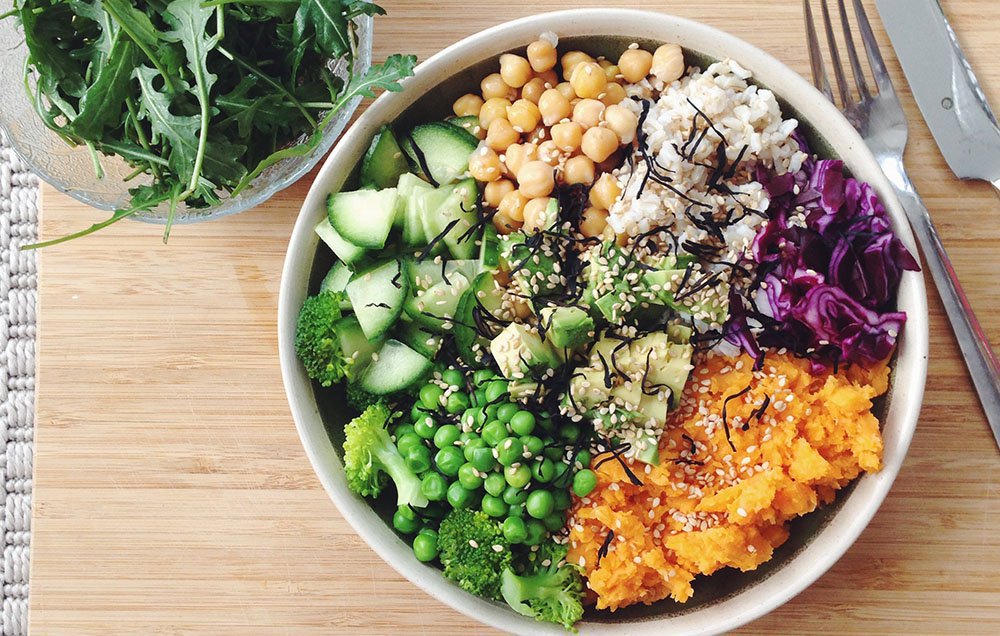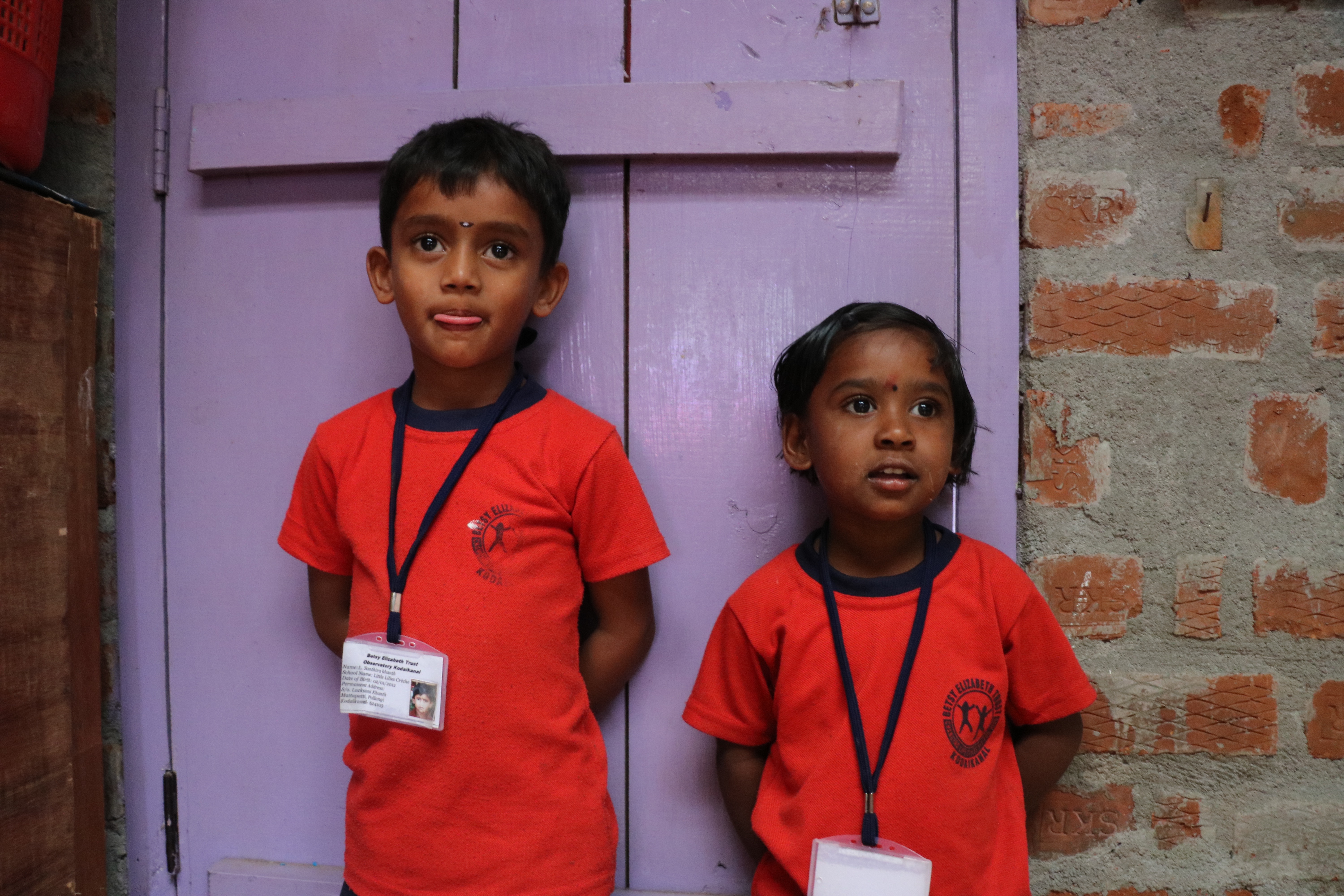By Lea Barry, Year 12
Over the past few years, the word vegan has become increasingly popular but what does it actually mean to be vegan? What’s the big difference between vegans and vegetarians?
Well to keep it simple, vegetarians refrain from eating meat or fish and vegans refrain from eating any kind of animal product. I don’t know about you but that sounds pretty challenging to me, so why would someone want to do that?
Bela Sharma in year 12 has been vegetarian for over a year now and has also been vegan. So she answered some questions about being a vegan/vegetarian to set the rumours straight.
1) How long have you been a vegan/vegetarian?
I have been a vegetarian for around 1 year and 2 months now and I was vegan for just over 11 months.
2) Why did you decide to become a vegan/vegetarian?
- The moral aspect of how the animals are treated and brought up.
- For the environment;
The meat industry is one of the leading contributors to greenhouse gases. Most of it comes from methane from livestock or carbon dioxide which is produced by factories which manufacture the meat. In turn, this is a leading cause of climate change.
Furthermore, livestock covers 45% of the earth’s total land and it is a leading cause of the deforestation of the Amazonian rainforest. Without this immense amount of livestock, overpopulation would be much less of an issue.
More than 80% of the corn we grow and more than 95% of the oats are fed to livestock. The world’s cattle alone consume a quantity of food equal to the caloric needs of 8.7 billion people—more than the entire human population on Earth.
Due to the fact that we consume so much meat, many people go starving every day. Animal agriculture consumes from 34-76 trillion gallons of water annually and for many people in the sub saharan africa, they die from lack of water every day.
To find out more about this topic I’d recommend watching the movie Cowspiracy.
- Lastly I decided to become a vegan/vegetarian for my health since meat and dairy are the leading causes of heart disease because all the fat can clog up our arteries.
3) If you could describe the first month of being a vegan/vegetarian in one sentence, what would you say?
It was definitely challenging, mostly because I was lost to know what to eat. But once you figure that out, it is so easy!
4) Describe a typical breakfast, lunch and dinner for you as a vegan/vegetarian
Breakfast: Cereal/granola with fruit and almond/soy milk
Lunch: a sandwich with avocado or hummus and falafels
Dinner: Rice with lentil curry or pasta with tomato sauce
Snack: Fruit, nuts, carrots/chips with hummus
5) What is the most difficult part about being a vegan/vegetarian?
Trying to explain to other people my choice and having to resist the people who think that it is the worst thing in the world is to become vegan.
6) Why do you think people refuse to become vegan/vegetarian?
I think it is because they don’t want to step out of their comfort zone and they would rather do what they have always done and what they are used to.
7) Why are you no longer a vegan and when did you stop?
I stopped being vegan right around the beginning of October break for several reasons.
I realized that I’m still growing so it’s very important that my body gets a lot of nutrients. However, it required a lot of effort to make sure that I was getting enough calcium and protein when I was vegan, especially in a city like Geneva.
There aren’t very many options for vegans in Geneva and it’s a bit of a hassle to find the correct correct types of food. If I lived somewhere else where being a vegan was more common, I probably would not have stopped. I definitely plan on becoming vegan again in the future.



